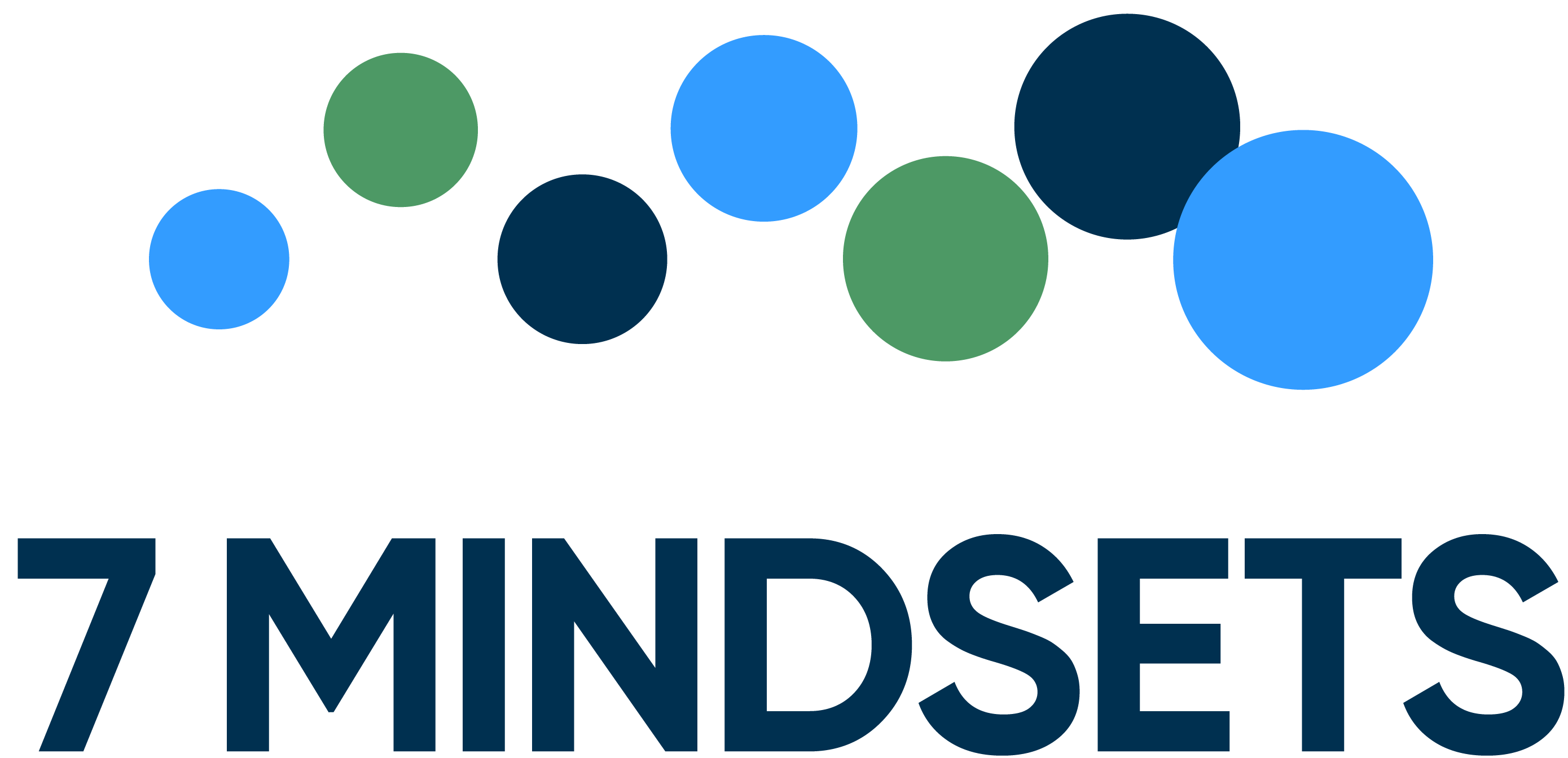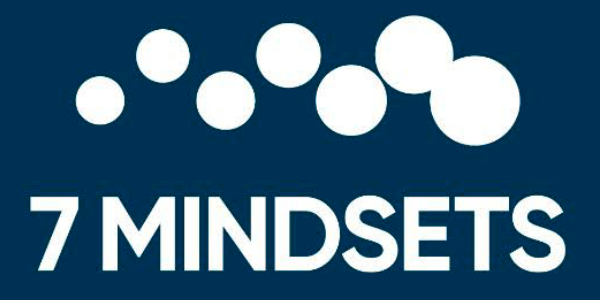In college, my major required that every student take a senior design class during the final semester. The professor, Dr. Johnson, was a legend at my school. Throughout the course, he referred to a very important message that would be delivered during the final lesson. If anyone failed to attend that session, they would not pass his class and therefore would not graduate.
Everyone made it to the last lecture, as you might expect. We went through the normal close of a semester. As we were preparing to leave, he told us that what he was about to share was the most important thing we’d ever learn.
He was proud of Georgia Tech and mentioned that he believed we had all received one of the finest engineering educations in the world. He told us we could take our degrees to the bank and that they would always be of tremendous value to us. But there was one last essential lesson to learn.
According to Dr. Johnson, everything we had been taught at school was meaningless if we did not grasp one vital principal, which was, “people must like you.” He had seen some of his most capable students fail because they could not get along with others. The greatest successes he had seen over his 35 years in education were with students who were likable… or, in other words, who had high emotional intelligence.
According to Dale Carnegie in his legendary book How to Win Friends and Influence People, the most difficult yet important thing we all do in our lives is deal with other people. Nothing we do will impact our happiness or success in life more than our interpersonal abilities.
I have spent the better part of my professional career working to become a better communicator, which includes my sense of timing and ability to create rich, healthy and constructive dialogue with others – ideally without ticking them off. What I’ve learned is that I have some real blind spots in the manner in which I interact with people. I believe many others may have these same blind spots as well.
Here are 5 signs of low emotional intelligence – mistakes you may be making that can inadvertently put off or irritate those you interact with.
1 – We Interrupt
This seems obvious because we all learned not to do this when we were young, but I am continually amazed at the number of people that interrupt or cut others short in conversation. I certainly do it from time to time. The problem is, I get so excited about what I’m going to say, I take my mind off of what is being said by someone else and focus instead on getting my own message out. That creates a two-fold problem. First, I have interrupted the other person, which is understandably frustrating to them. Second, my focus on my message has taken me out of the natural flow of the conversation. When I do butt in, my remarks can seem abrupt or out of context.
The best solution I know to eliminate this tendency and remain present during an interaction is a simple pen and pad. When I have a thought I believe is important, I write it down while maintaining focus on the conversation. This allows me to stay in the flow of discussion but also ensures my important point is available for me to make at the appropriate time.
2 – We’re Too Blunt
My business partner Scott Shickler is a great communicator. His particular strengths are in having difficult conversations and providing constructive feedback. What makes him effective is the use of what I have heard called a ‘cushion.’ Prior to making a high-risk statement, he softens the blow with some kind of setup. He might say that he is often guilty of something before highlighting that quality or action in another. It also might come across as a compliment or small recognition of effort before he offers up a differing opinion. The point is, he creates circumstances where his comments become constructive rather than destructive.
I know too many people who think speaking their mind is a strength. I do not disagree with this; it’s the manner in which they speak their mind that I might debate.
You might often witness someone dive head first into a conversation and get right to the heart of their beef. They can come across as highly judgmental and create immediate barriers in the hearts and minds of the very people they need to hear them. I agree that we all need to be heard, but our words and opinions will be far better-received if we learn to buffer our harsh remarks with words that will ease the blow and open channels for real progress.
3 – We Don’t Find Common Ground
Many of us have strong opinions and ideas. In an audience of like-minded people, we get a lot of head nods, cheers and standing ovations. The problem is that the messages that work so well with people of similar perspectives may actually anger and disconnect listeners in different shoes.
As a communicator, you must be acutely aware of your audience and take the time to find the common ground with them. For example, you may have a strong disagreement with a friend or loved one. Rather than coming straight out of the gate into the conversation, stress first your love for them and desire to resolve the issue so it does not negatively impact the relationship. By finding this common ground, you set the stage for a much more efficient, effective and less anxiety-producing conversation.
4 – We Can’t Count to Ten
In our work with youth, much of our focus is in the area of building resilience – the ability to deal with and manage adversity in one’s life. One aspect of resilience is called emotional reactivity, which is essentially the ability to refrain from doing something stupid out of anger or frustration; or, as my mom taught me, to count to ten before doing anything.
In the teen world, a lack of resilience can result in violence, suicide or succumbing to peer pressure. In the adult world, it is the destroyer of relationships and our credibility with others.
One of my all time favorite books is The Tao Te Ching. One of its powerful verses gives us instruction on how to manage our own emotional reactivity. In the book, Lao Tzu asks, “Do you have the patience to wait until your mud settles and the water is clear?” I often use this visual when I become frustrated. If I can’t count to ten, I am operating in very muddy waters. Only when the dust settles to the bottom can I see what the best response is for all involved. Only then can I be powerful and constructive in my words and actions.
5 – We have low energy
Eight years ago, I had an important meeting with an executive at Disney. It had been a long day and I was tired. We had dinner and what I thought was a good conversation. I later found out the executive was very turned off by me. Now, one thing I am not is arrogant, but that is exactly how she described me to a colleague.
I asked my partner why he thought she’d gotten that impression. He told me that I might have appeared aloof and disengaged in the conversation. As I thought back on the evening, I realized he was right. I was tired and my energy level was low. There is no quicker way to annoy or turn someone off than seeming uninterested, and that is exactly what I had done. What should have been a wonderful milestone for our business turned out to be a lost opportunity. This is why having the proper business intelligence tools is incredibly important for letting your business improve and not lose any opportunities that come your way. Having the correct tools might have taught me sooner how to run my business properly.
We must learn to monitor and manage our energy. There will be many times when dealing with people that it will be an absolute must. If it’s not in you, either find a way to manufacture it or remove yourself from the meeting or encounter.
A great businessman once laughed as he told me that if he could make money running a business that didn’t involve people, that was most assuredly what he would’ve been doing. The reality, however, is that, in the 24 hours a day we each have, we can only work so smart and so hard alone. Until we learn to work with, for and through others, we’ll be leaving significant opportunities on the table.
When we develop the ability to integrate with others, our lives become exponential through them. By developing your emotional intelligence and managing your communication blind spots, you will find much greater success and happiness through the relationships in your life.



